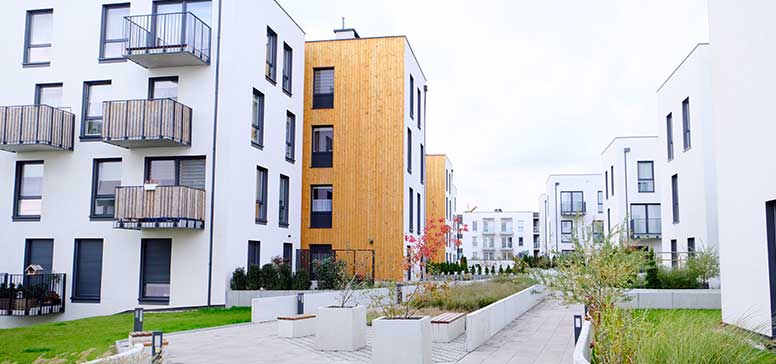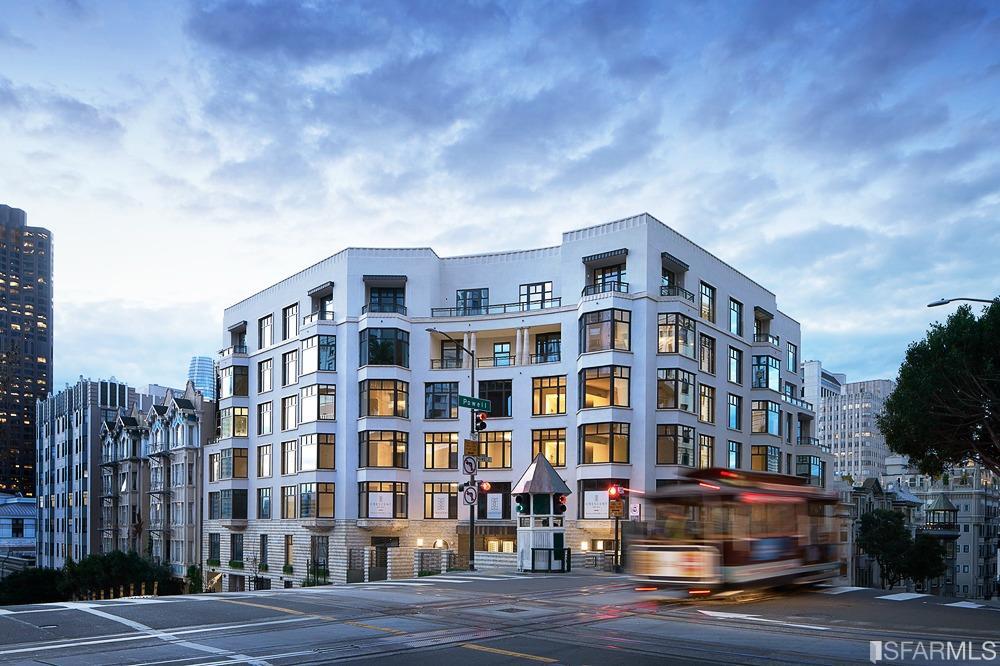Look into the Financial Aspects of HOA Condo Living
Look into the Financial Aspects of HOA Condo Living
Blog Article
The Duty of an HOA in Establishing and Enforcing Community Standards for Citizens
The duty of a Homeowners Association (HOA) in developing and imposing community standards is essential to keeping a organized and natural household environment. By developing clear regulations that regulate aspects such as residential or commercial property upkeep and area conduct, the HOA not only establishes criteria for locals however also promotes a sense of belonging and accountability.
Comprehending House Owners Associations
Homeowners associations (HOAs) function as governing bodies for property communities, playing a vital duty in keeping building values and promoting a sense of area. Usually formed by developers, HOAs are made up of home owners within a marked area that elect a board to supervise the organization's activities. The main features of an HOA include implementing area policies, taking care of typical areas, and arranging area occasions.
HOAs run under a collection of regulating papers, consisting of conditions, constraints, and covenants (CC&R s), which outline the civil liberties and responsibilities of home owners. These regulations intend to guarantee that buildings are preserved to a specific standard, thereby shielding the aesthetic appeal and overall worth of the community. Furthermore, HOAs often collect charges from home owners to money upkeep, landscaping, and various other neighborhood services.
The existence of an HOA can considerably affect the living experience within a neighborhood (hoa condo). While some citizens appreciate the structured atmosphere and services supplied, others might discover particular laws limiting. Stabilizing the rate of interests of all home owners is important for an HOA to work properly, guaranteeing that it offers its desired function of boosting neighborhood living while respecting specific homeowner legal rights
Creating Area Guidelines

To begin, an HOA must carry out surveys or hold meetings that enable homeowners to voice their problems and pointers. This participatory process promotes a feeling of possession and boosts conformity. Next, the HOA board have to analyze the responses to identify typical themes and top priorities that necessitate official incorporation in the standards.
It is likewise vital to guarantee that the standards are clear, succinct, and conveniently understood. Ambiguities can lead to misunderstandings and disputes, undermining the objective of the standards. Additionally, the standards need to be extensive, covering different facets of community living, consisting of property maintenance, sound levels, and usage of usual areas.
Enforcement of Guidelines
Efficient enforcement of area guidelines is vital for keeping order and making certain that all locals stick to the developed standards. An HOA must execute an organized strategy to apply these regulations, which usually includes a combination of monitoring, interaction, and fines for non-compliance.
First, normal assessments and area patrols can help recognize infractions, making sure that regulations are regularly used across the community. This positive tracking enables the HOA to attend to problems before they intensify, cultivating a feeling of accountability among locals.
2nd, clear communication is essential. Citizens need to be educated of the rules and the treatments for my response reporting offenses. An open line of communication encourages locals to voice issues and look for information on standards, which can boost compliance.
Finally, when infractions happen, the HOA must impose repercussions as described in the governing files. This might include alerting letters, penalties, or, in severe instances, lawsuit. It is necessary that fines are applied rather and constantly to keep trust fund within the area. By effectively enforcing regulations, an HOA can grow a harmonious living setting that mirrors the collective worths of its locals.
Benefits of HOA Regulations
Countless benefits emerge from the application of HOA regulations, which serve to enhance the high quality of life within a community. One key benefit is the maintenance of property worths. By applying criteria for visual appeals and maintenance, HOAs make certain that homes and typical locations remain eye-catching, cultivating a desirable living environment that can cause boosted residential property worths in time.
Additionally, HOA regulations advertise click here for info consistency and uniformity within the neighborhood. This coherence in style and upkeep aids to produce a feeling of belonging among citizens, adding to area satisfaction and a positive atmosphere. Developed standards facilitate dispute resolution amongst neighbors by providing clear expectations and methods for behavior, consequently reducing disagreements.
An additional substantial benefit is the provision of shared amenities and solutions. Many HOAs manage area facilities such as swimming pools, clubhouses, and parks, which improve leisure opportunities for citizens. These amenities not only boost the top quality of life however additionally encourage social communication.
Ultimately, the regulations stated by an HOA cultivate a well-organized, unified neighborhood, ensuring that homeowners take pleasure in a high standard of living while cultivating a helpful environment for all home owners.
Typical Difficulties Encountered by HOAs
In the middle of the benefits that homeowners associations (HOAs) can supply, they additionally encounter a variety of difficulties that can hinder their efficiency. Many property owners may not get involved in conferences or community tasks, leading to a separate in between the HOA board and residents.
An additional obstacle is the enforcement of rules and laws. Conflicts can emerge when citizens feel that enforcement is irregular or biased, potentially resulting in disputes within the area. Furthermore, HOAs often encounter economic restrictions, which can restrict their capability to maintain common areas or fund neighborhood projects. This can produce dissatisfaction amongst homeowners that anticipate high standards of maintenance.
Furthermore, navigating legal complexities can be intimidating for HOAs. They must make sure conformity with state laws while managing their very own governing papers, which can be a source of confusion. Altering demographics and progressing area needs need HOAs to adjust their standards, commonly fulfilling resistance from long-lasting citizens who are accustomed to conventional standards. Addressing these challenges is essential for cultivating a growing and harmonious neighborhood.
Verdict

By creating clear guidelines that control facets such as building upkeep and area conduct, the HOA not only sets criteria for locals yet also promotes a feeling of belonging and responsibility.Homeowners organizations (HOAs) serve as regulating bodies for household communities, playing an essential function in keeping home worths and cultivating a sense of neighborhood. Several homeowners may not get involved in conferences or community activities, leading to a detach in between the HOA board and residents. Altering demographics and progressing community needs call for HOAs to adapt their guidelines, usually meeting resistance from long-standing locals who are accustomed to standard standards. Through the advancement of clear laws and regular enforcement, HOAs promote home upkeep, neighborhood satisfaction, and depend on amongst homeowners.
Report this page